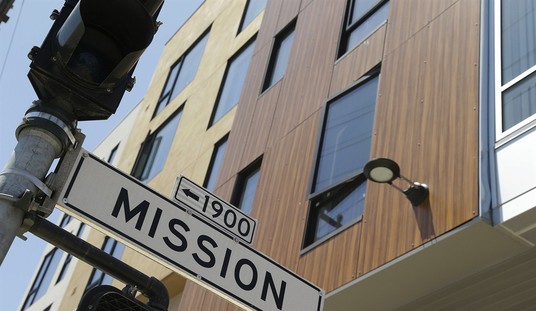Sir Arthur C. Clarke has died at age 90 in Sri Lanka, where he had lived for over 50 years. Clarke was a prolific author in the science-fiction genre, and will be most remembered for his seminal and haunting work, 2001: A Space Odyssey:
A central theme of his fiction was the “spiritual” rebirth and the search for man’s place in the universe but he has also been credited with predicting and contributing to technological advances in his writing.
The son of a farmer from Minehead, Somerset, his achievements were rewarded with a knighthood in 1998, formally conferred by Prince Charles in his adopted home in Colombo two years later. …
He was credited with the concept of communications satellites in 1945, decades before they became a reality. Geosynchronous orbits, which keep satellites in a fixed position relative to the ground, are called Clarke orbits.
Clarke and Stanley Kubrick almost completely redefined the science-fiction experience with their groundbreaking and ultimately puzzling 2001. This was much more true of the film than of the nove, written at the same time as the screenplay. Clarke tried to strike lightning twice with a sequel in the mid-1980s, 2010, but despite a high-powered cast, it fared much less well in critical terms.
But by that time, Clarke’s genius had already been established. The computer sequences in 2001 entered the global consciousness immediately and remained there. Even people unfamiliar with the film understand references to HAL and the potential for danger in artificial intelligence. The scene where Keir Dullea disables HAL while the computer begs for its life, eventually reduced to singing Daisy Bell, remains one of the most honestly chilling scenes in science fiction.
Clarke long ago achieved immortality in his life’s work. Now he explores the mysteries on which he so captivatingly conjectured in his writing. Godspeed, Mr. Clarke.








Join the conversation as a VIP Member